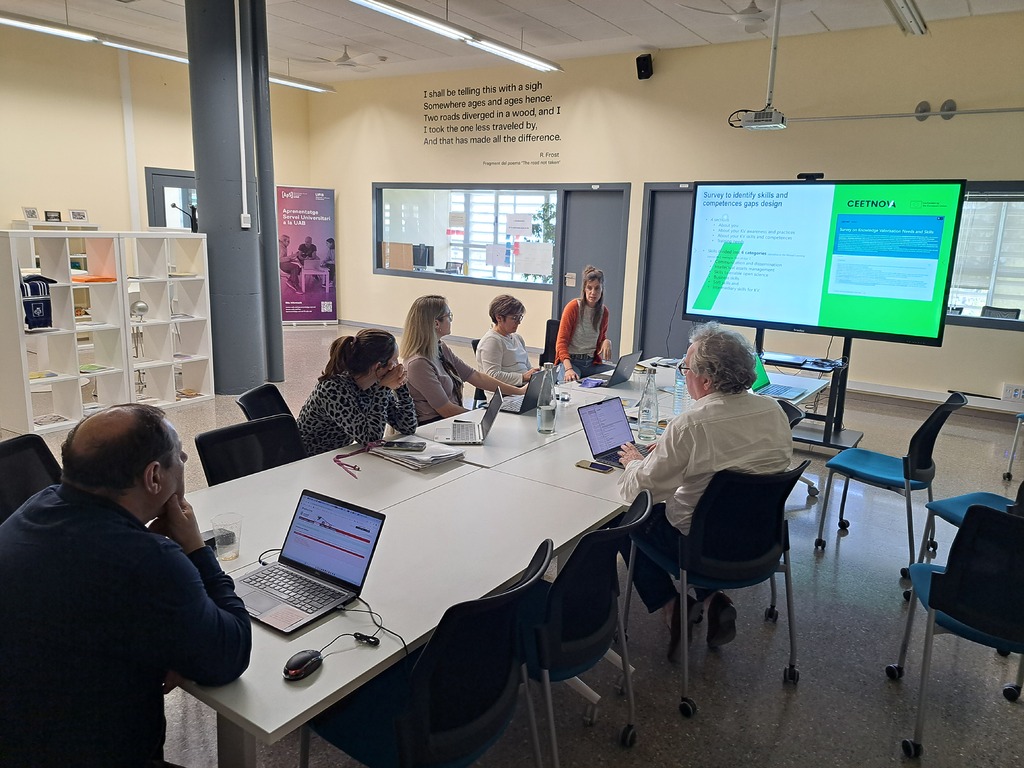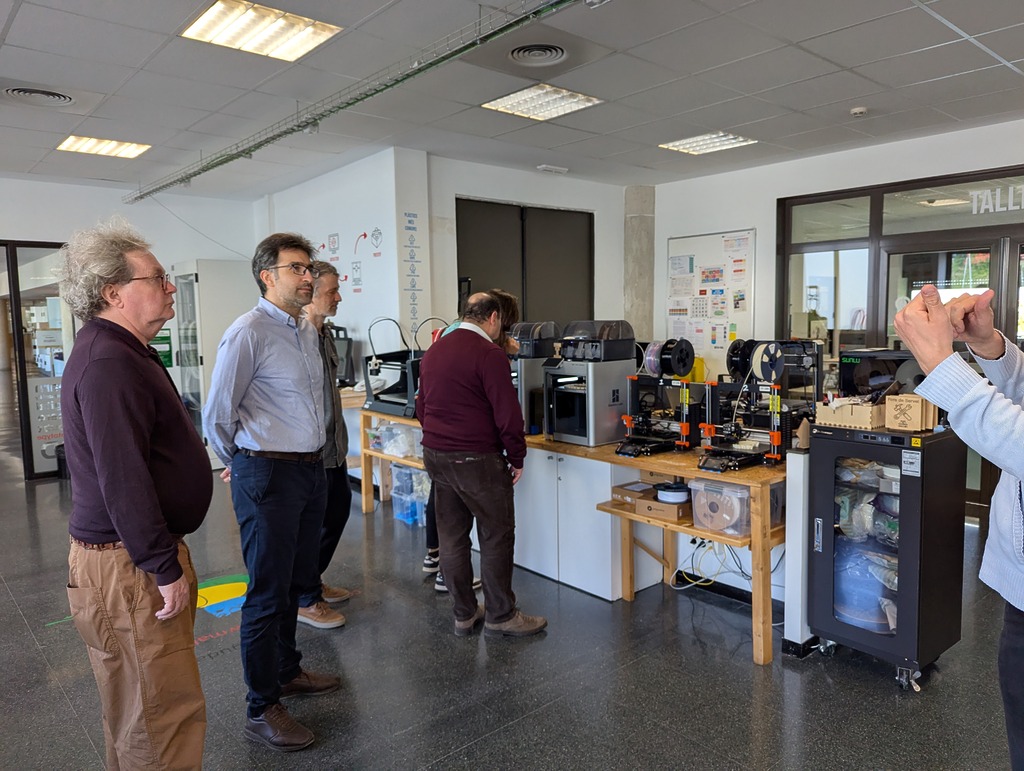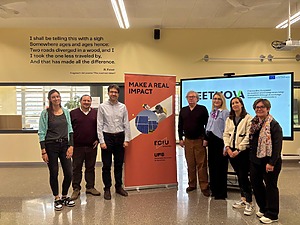A core element of the meeting was the analysis of a survey conducted by the consortium partners to identify current skills, gaps, and training needs among the project’s target audiences. “These insights are now shaping the next phase of CEETNOVA’s activities: developing impactful, hands-on training experiences tailored to specific stakeholders within the academic ecosystem”, said CEETNOVA project leader Utku Ali Riza Alpaydin from University of Stavanger.
Understanding the Audience: Roles, Disciplines, and Demographics
The survey received 125 responses (from Norway, Sweden, Lithuania, Italy, Spain, Finland, Ireland, Germany and Poland), with input from early-stage researchers (13,6% of all respondents), established researchers (32%), non-academic support staff (43,2%), and other professionals (11,2%) across CEETNOVA institutions. In terms of disciplinary background, the majority of respondents came from the fields of engineering and technology (30,4% of all responses) and transversal working areas (30,4%), followed by humanities and social sciences (21,6%) and other fields including medical health and life science (17,6%).
After reviewing what each group is most and least knowledgeable about, it becomes evident that there are notable similarities across the board. This highlights the value of offering a foundational training module that addresses common knowledge gaps while also emphasizing the need for specialized training tailored to the unique needs of each group. Looking at the individual levels of groups, different knowledge patterns occur.
Mapping Training Needs Across Stakeholder Groups
Early-stage researchers express the desire to enhance their knowledge mostly on intellectual asset management (e.g. how to manage Intellectual Property Rights (IPR), evaluate the value of intellectual assets, develop strategies for licensing and commercialization, etc.) and skills to enable open science (e.g. how to use open data and open-access publishing platforms, share research outputs openly while ensuring compliance with ethical and legal standards, etc.).
Established researchers showed interest in enhancing their business skills – strategic skills (e.g. how to improve entrepreneurial mindset, financial and economical literacy and strategic thinking, etc.) and operational skills (e.g. how to mobilize resources and manage projects, prioritisation, time management and multitasking skills).
Support staff were keen to strengthen their knowledge on the communication and dissemination level (e.g. how to communicate to the broad public, increase the impact of science on policy and society and how to manage media liason and social media engagement) and business skills – strategic skills.
All of the groups had their different preferences on knowledge improvement, however few themes were overlapping:
- Increase the impact of science on policy and society;
- Artificial Intelligence;
- Evaluate the value of intellectual assets;
- Develop strategies for licensing and commercialization;
- Diplomacy, negotiation and mediation skills;
- Handling difficult conversations.
From Insights to Action: Building the Future of Training
Building on these insights, the training design process will now transition into its next crucial phase under WP3. This phase focuses on translating the survey findings and stakeholder input into structured, practice-oriented training modules. These will include both foundational and specialized components, ensuring that each target group (early-stage researchers, senior academics, and non-academic staff) receives relevant and impactful training.
With the groundwork laid during the Barcelona meeting and the detailed profiles now established, WP3 will play a key role in shaping CEETNOVA’s training portfolio – one that is both adaptable and aligned with the real-world needs of European higher education ecosystems. The upcoming months will see the finalization of draft modules, internal consultations, and preparations for pilot testing, moving CEETNOVA one step closer to equipping a new generation of Knowledge Valorisation leaders.




